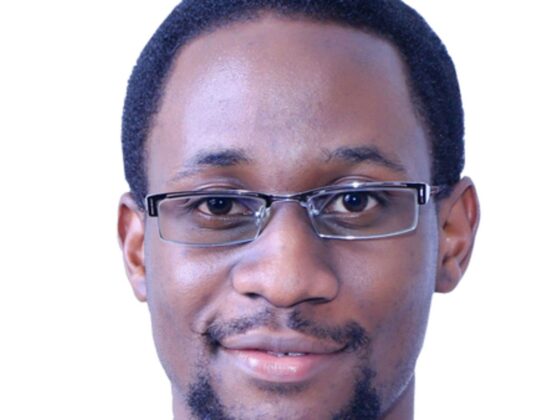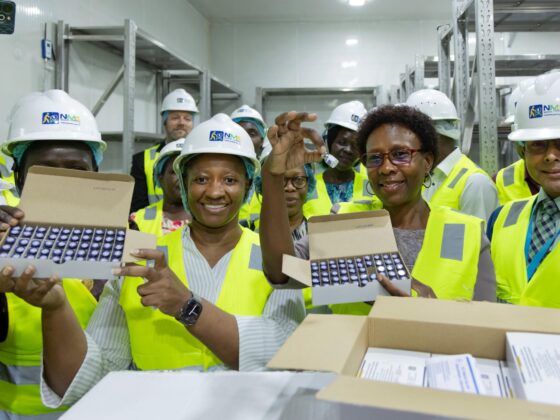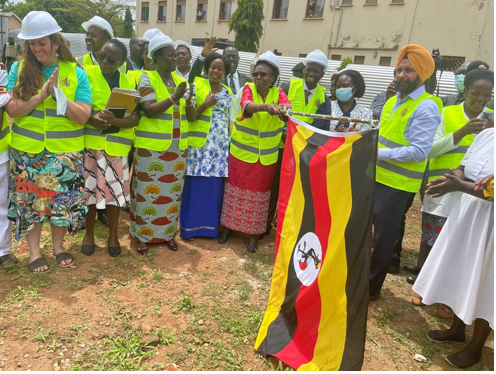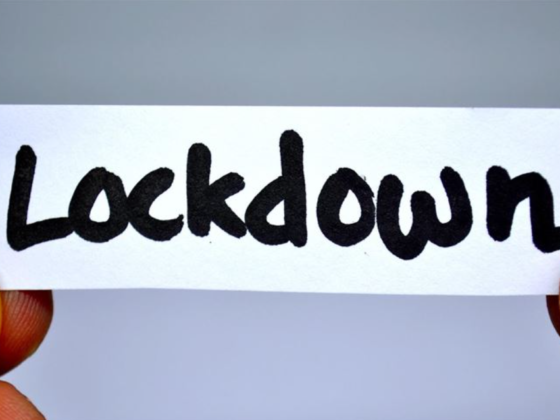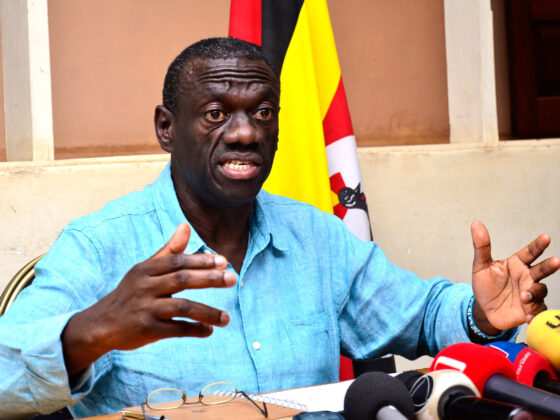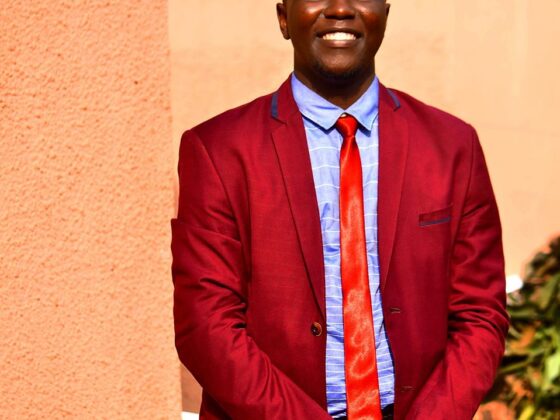Uganda loses between 2-3% of its Gross Domestic Product due to structural and institutional discrimination, according to a Study by Ministry of Gender and Labor, Economic Policy Research Centre and Civil Society partners. Quite ambivalent is that, every time discrimination takes place, the status quo is reinforced, spilling a spiral of multiple layers of exclusion.
The youth constitute 70% of Uganda’s population. The majority of these are in the informal sector that constitutes 70% of the labour force (UBOS 2022). Uganda’s labour force in informal sector is projected at 14 million people from the 12 million previously reported by UBOS/UDHHS. The informal sector is barricaded with multiple layers of identities based on challenges of unethical uncompetitive and less productive labour, inaccessibility to capital, limited uptake of technology, inadequate market analytical skills, and a plethora of tax regime that keeps the informal hiding away from opportunities presented by the markets.
Prejudice finds its way from the “We” versus “They” consciousness as Prof. Rukooko of MUK once stated in his class of Philosophy and Human Rights. It’s the subjective perception that one needs more and more than others at any cost, including starvation into slavery. This raises a moral question in economics. But economists are not guided by morals, they are guided by forces of demand and supply, they say. Therefore, can we have constructive economics, ready to make amends on the effects of market prejudices? This requires a moral reality check on how services and goods are delivered to the people.
Market imperfections resonate with social economic prejudices that result into biased constructs in our society. That’s why we need robust social protection mechanisms that will cushion those who may fall through fault lines and those whose time has come to enjoy the fruits of their previous labour. In other words, proper redress measures can mitigate the cost of exclusion and prejudice.
The Equal Opportunities Commission undertook sector audits in gender and equity compliance (2021/22); the findings clearly take you deep the doldrums of how paperwork equity can be smoothened to portray that our society is moving to more equal. Despite achievements registered through this innovative compliance assessment of budgets and ministerial policies, a lot still needs to ne done on the ground to correlate the paperwork findings and physical investments in the vulnerable and the poor as captured by these reports.
Uganda is not a poor country and this is not contested. The challenge, which should be taken as an opportunity, is how to equitably allocate these resources without any line of prejudice. This goes along with i.e. the biases on diversion of resources; opportunities and prejudices individuals carry with them in the ethical delivery of services. H.E The President has termed this as subversive in military warfare revolutionary nomenclature.
There is need for a moral imperative as stated by Jacqueline Novogratz, Author of the “Manifesto for A Moral Revolution” and founder of Acumen Fund that has impacted over 500 million people, changing their lives for better. There is also need for inner detachment of personal and subjective innuendos in the delivery of goods and services to the people, with the sole purpose of changing and impacting their lives for better. That way, we will cut short the cost of prejudice, discrimination and intended and unintended bias. We will see PDM deliver as a robust affirmative action program that will enhance economic inclusion. We as a Country will harness our diversity as one of our potential for good and not for bad.
In tackling moral inaptitude and seeming decadency, in allocation of resources, this country needs people of courage. And courage is not absence of fear. Courage is the ability to look fear and prejudice in the face, sideline it and walk forward. All of us have something we can do to end prejudicial impunity. We must confront it as far as it affects full realisation of our country’s enormous potential. Given the same opportunity, or even affirmative action where necessary, Uganda can unlock the potential lying at the periphery with people with disabilities, women, the youth, the senior citizens, the ethnic, geographical minorities, the poor with out voice, those in informal unregulated sector. These are lost digits in our economy just like the cost and burden of Gender based violence and boda boda accidents on our economy.
Mr Benard Mujuni is a legal and policy analyst

